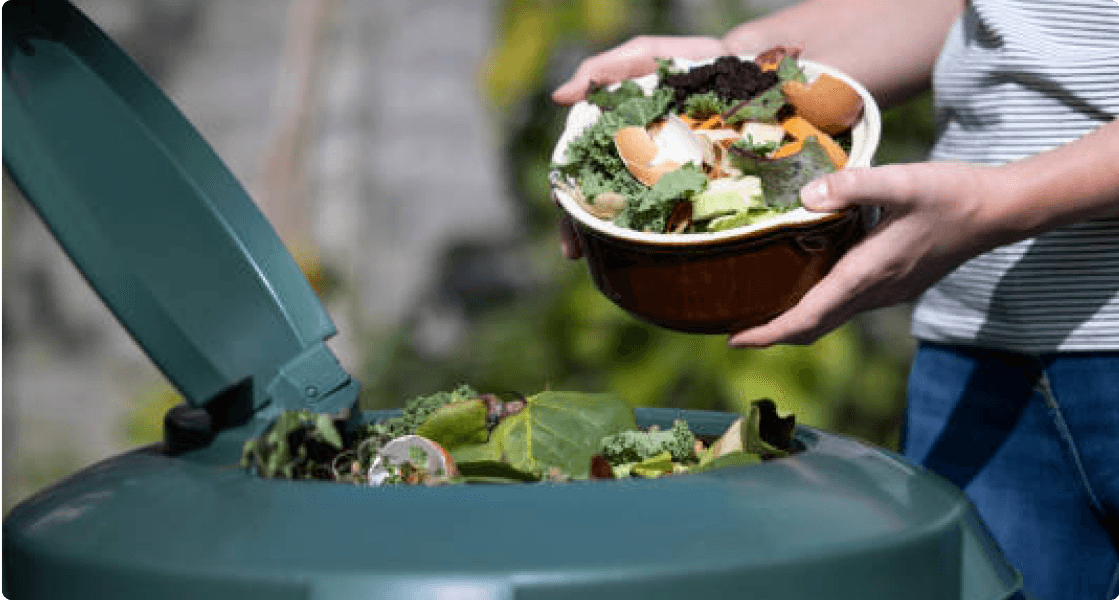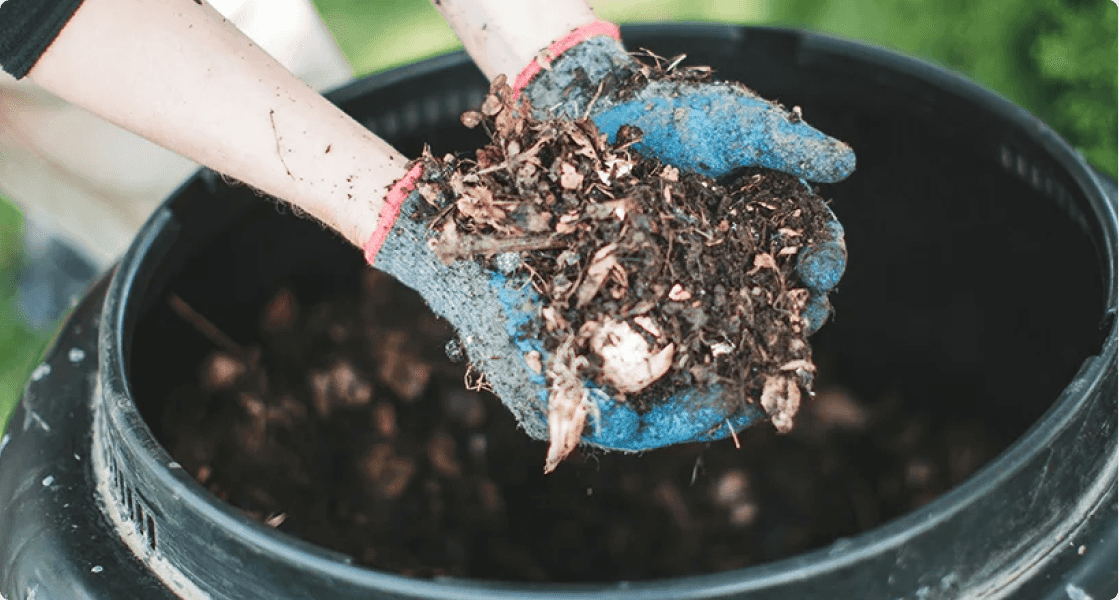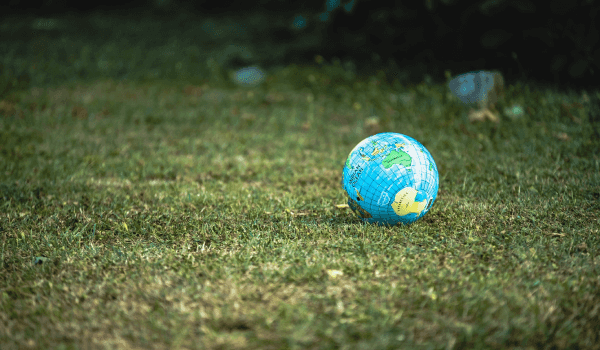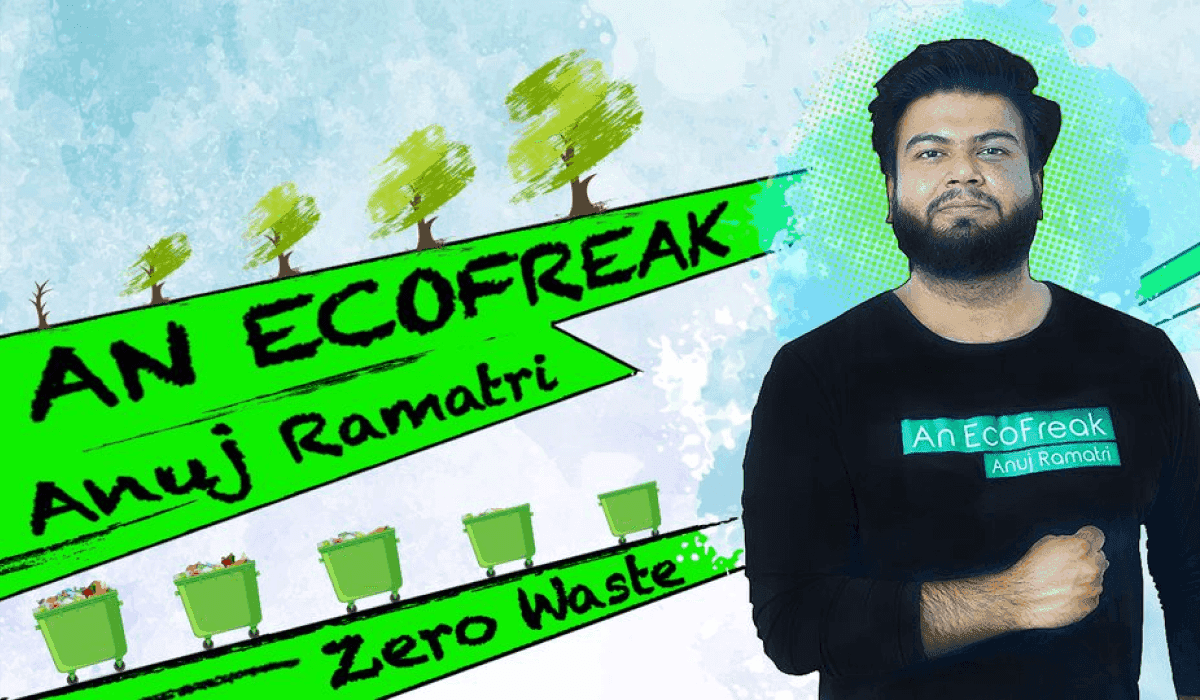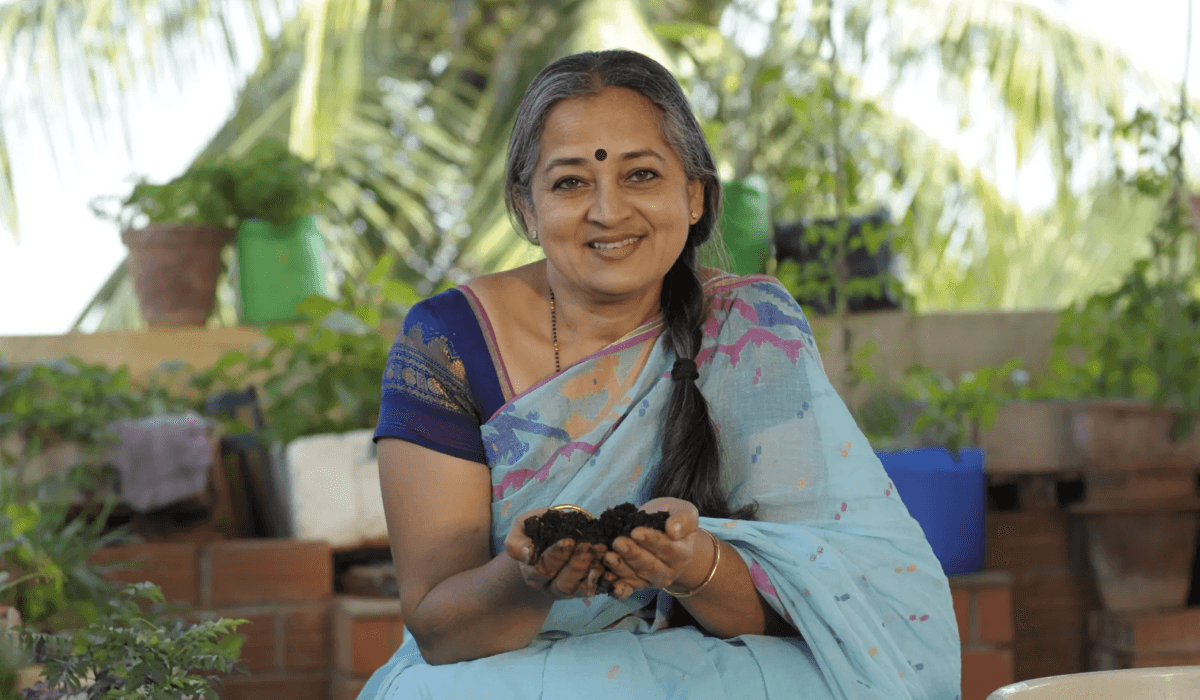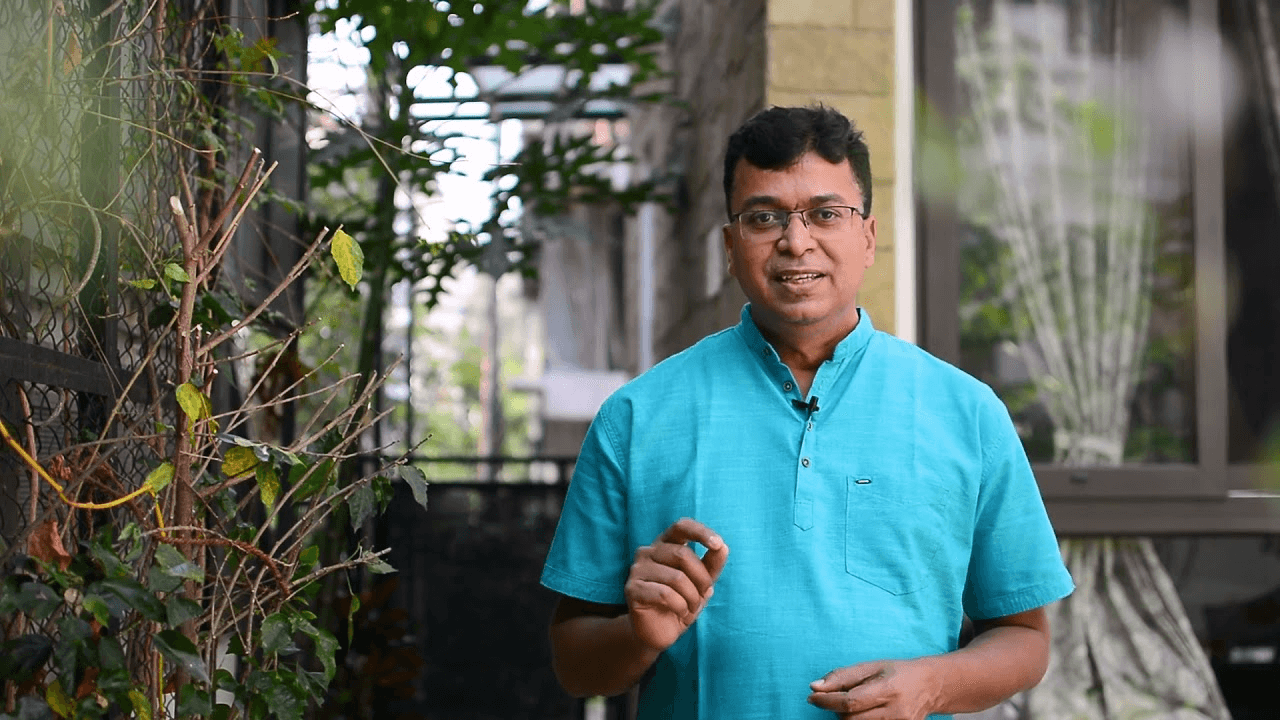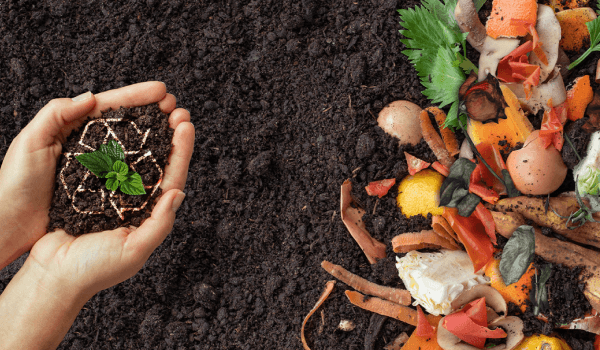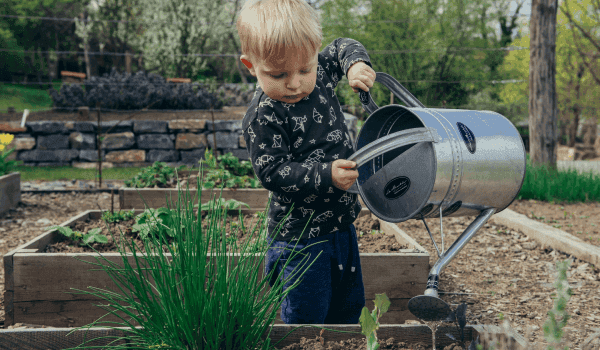27/072023

Tweet

Share

Share
The Art of Composting: A Sustainable Guide to Reducing Waste and Nourishing the Earth
Welcome to the world of composting - a natural process that holds the key to reducing waste, enriching soil, and supporting sustainable living. Composting is a simple yet powerful way to recycle kitchen and garden scraps, transforming them into nutrient-rich compost that benefits both the environment and your plants. In this blog, we delve into the wonders of composting, exploring its ecological significance and providing practical tips to kickstart your composting journey.
The Science Behind Nature's Recycling System
Composting is a biological process where organic matter, such as food waste and yard trimmings, undergoes decomposition through the work of microbes. These microorganisms break down the organic materials into nutrient-rich humus, a dark and crumbly substance that works wonders for soil health. This process mimics nature's recycling system, converting waste into valuable resources.
Why Composting Matters for the Environment
Composting plays a vital role in waste reduction by diverting organic materials from landfills, where they would produce harmful methane gas during anaerobic decomposition. By composting, you can significantly reduce your carbon footprint and contribute to mitigating climate change. Moreover, compost enriches soil, enhancing its ability to retain water, suppress plant diseases, and support healthier plant growth.
Building Your Compost Pile
Starting a compost pile is easier than you might think. Choose a suitable location in your yard or even opt for indoor composting with a compost bin. Remember to balance green materials (like fruit peels, vegetable scraps, and coffee grounds) with brown materials (such as leaves, straw, and cardboard). Regularly turning the compost pile aerates it and accelerates decomposition. With some patience and diligence, you'll soon be rewarded with nutrient-rich compost for your garden.
What Can and Can't Be Composted: Sorting Your Scraps
While many organic materials can be composted, certain items should be avoided, such as meat, dairy, and oily foods that attract pests or take longer to decompose. Yard waste, like grass clippings and leaves, can be composted, but avoid diseased plants to prevent spreading pathogens. Composting a variety of materials ensures a diverse mix of nutrients in your finished compost.
Community Initiatives and Beyond
Composting is not limited to individual efforts; many communities and municipalities have composting programs to handle organic waste on a larger scale. Participating in or supporting such initiatives helps promote sustainable living at a broader level. By composting, you become part of a powerful movement that contributes to a healthier planet and a greener future for all.
Conclusion
Composting is a rewarding journey that fosters sustainable living while nourishing the Earth. As you embark on this eco-conscious adventure, remember that composting is more than just recycling kitchen scraps; it's a commitment to reducing waste, supporting soil health, and protecting the environment. Whether you're an experienced composter or a beginner, the impact of your efforts will reverberate through the cycles of nature. So, let's embrace the art of composting and cultivate a world where waste is transformed into valuable resources, and the Earth thrives with each scoop of nutrient-rich black gold. Together, we can compost our way to a greener, cleaner, and more sustainable future.




